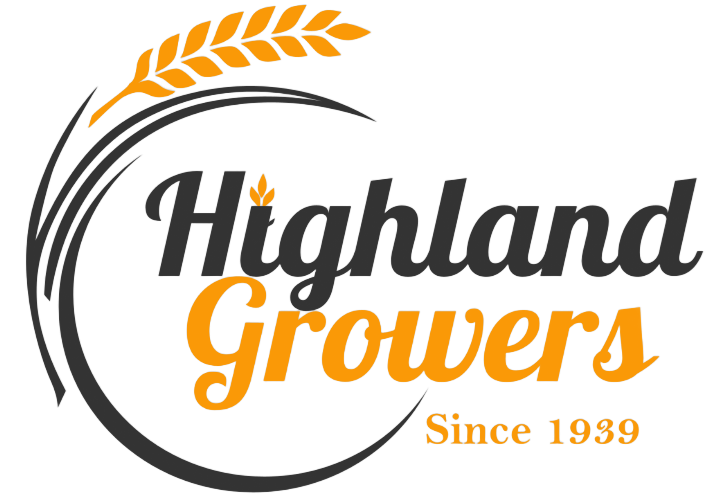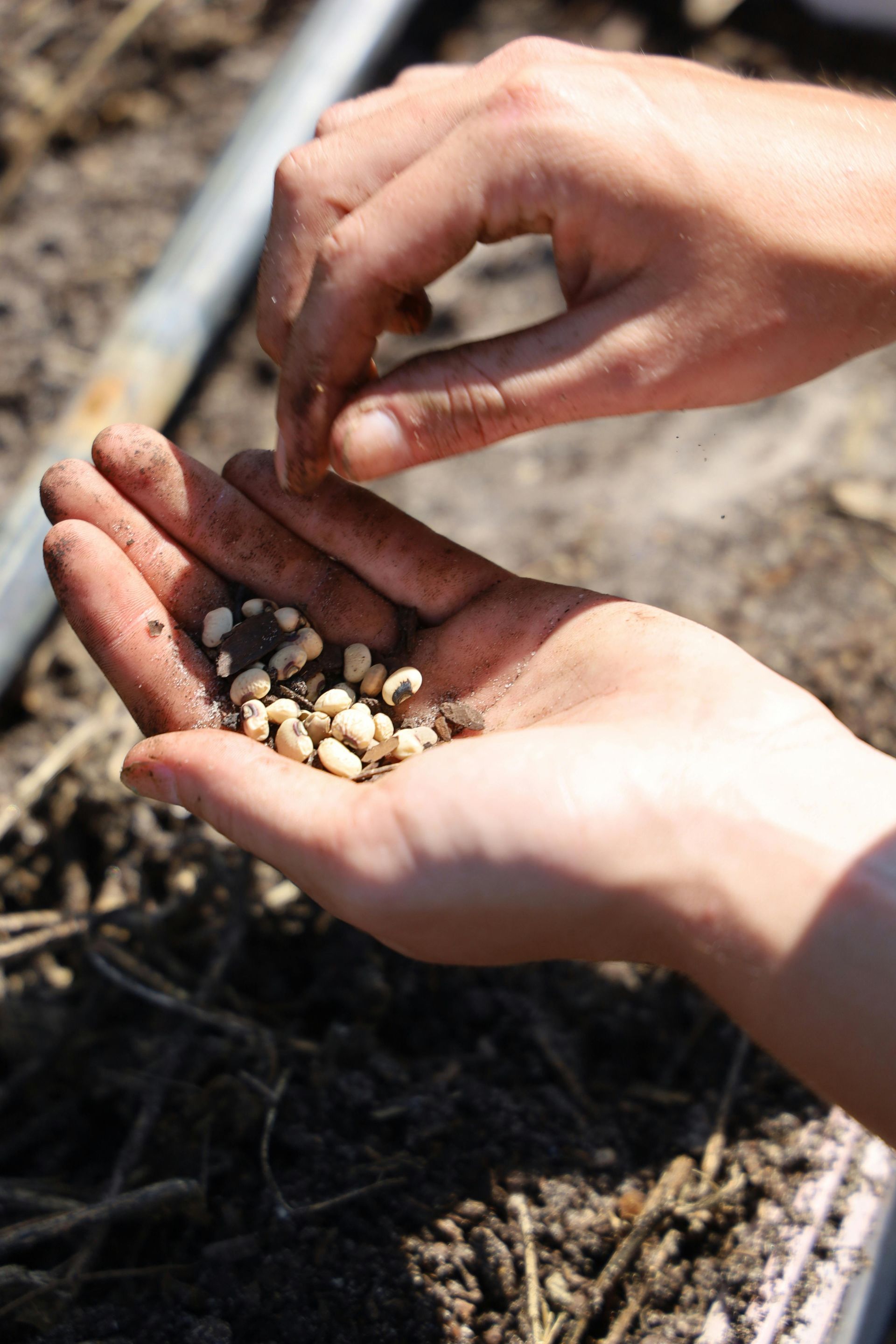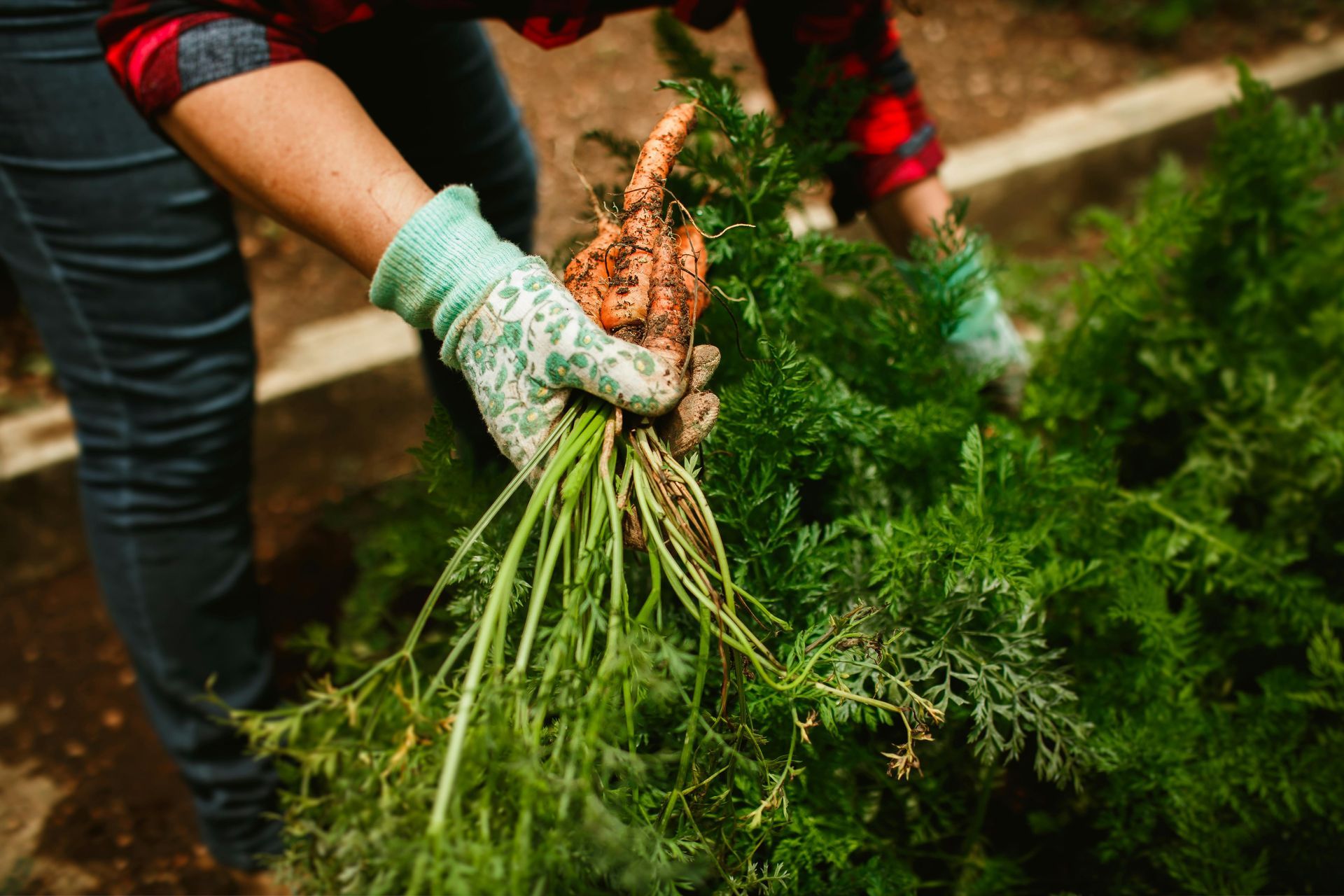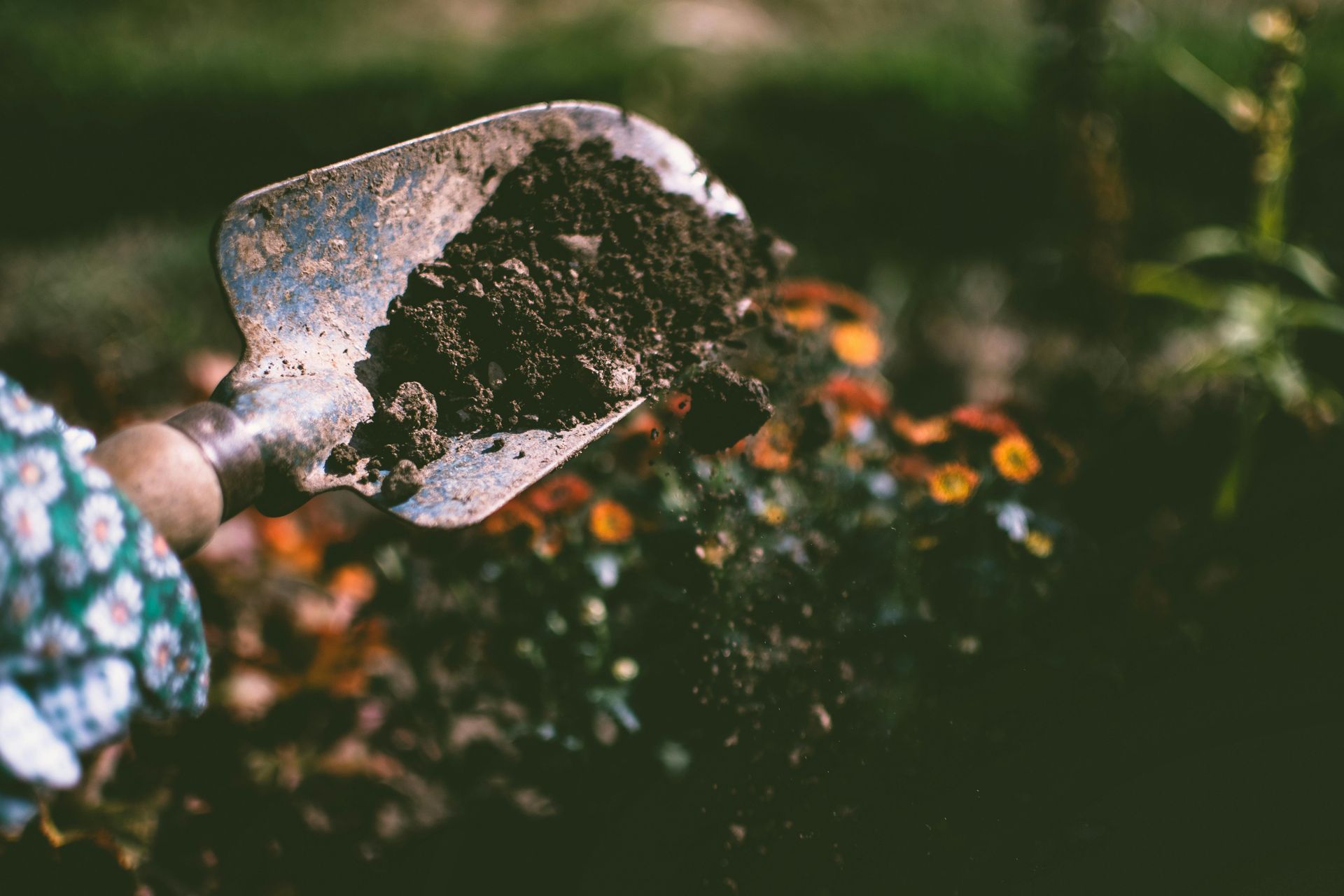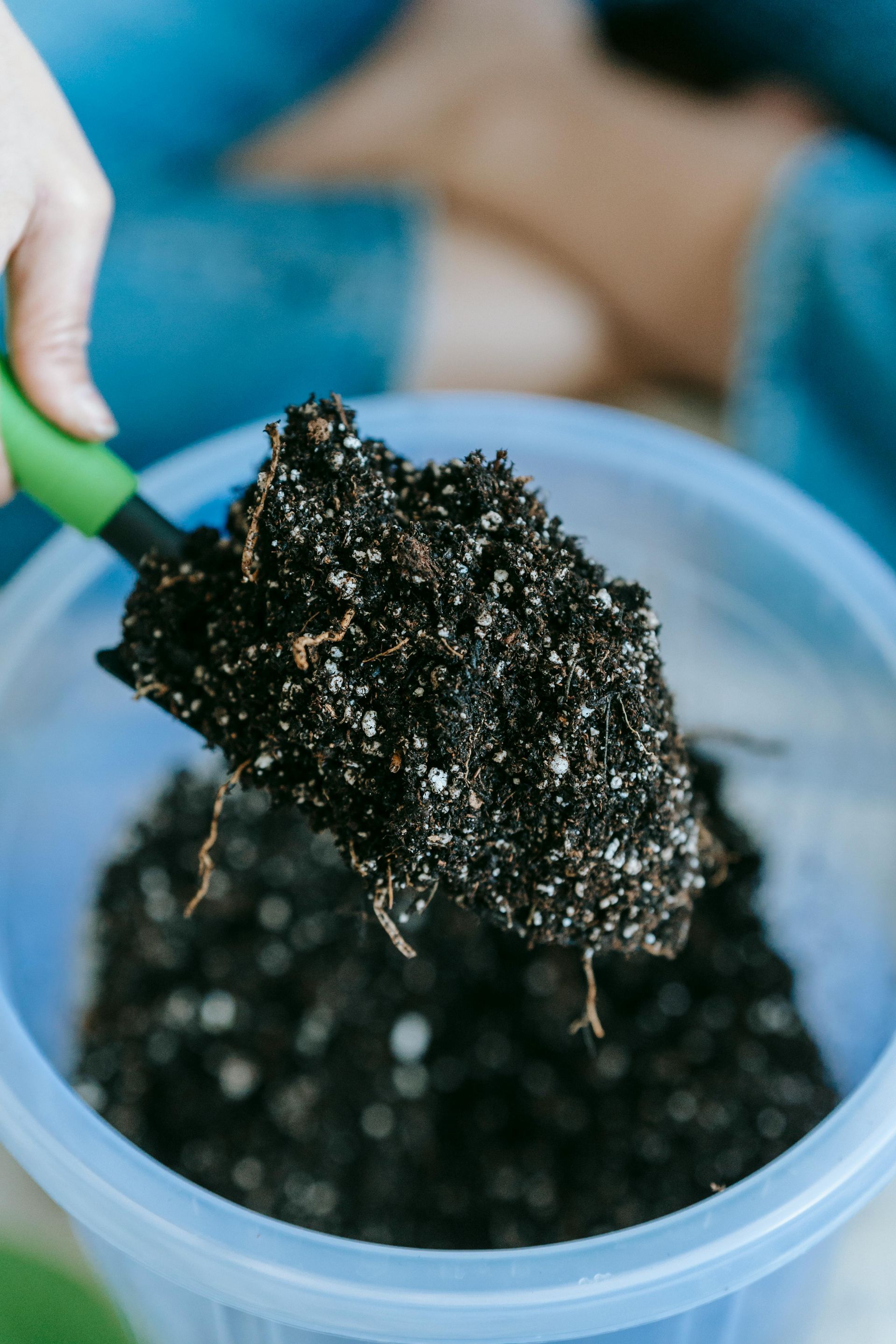The Best Fertilizers for Louisiana Soil Types
The Best Fertilizers for Louisiana Soil Types
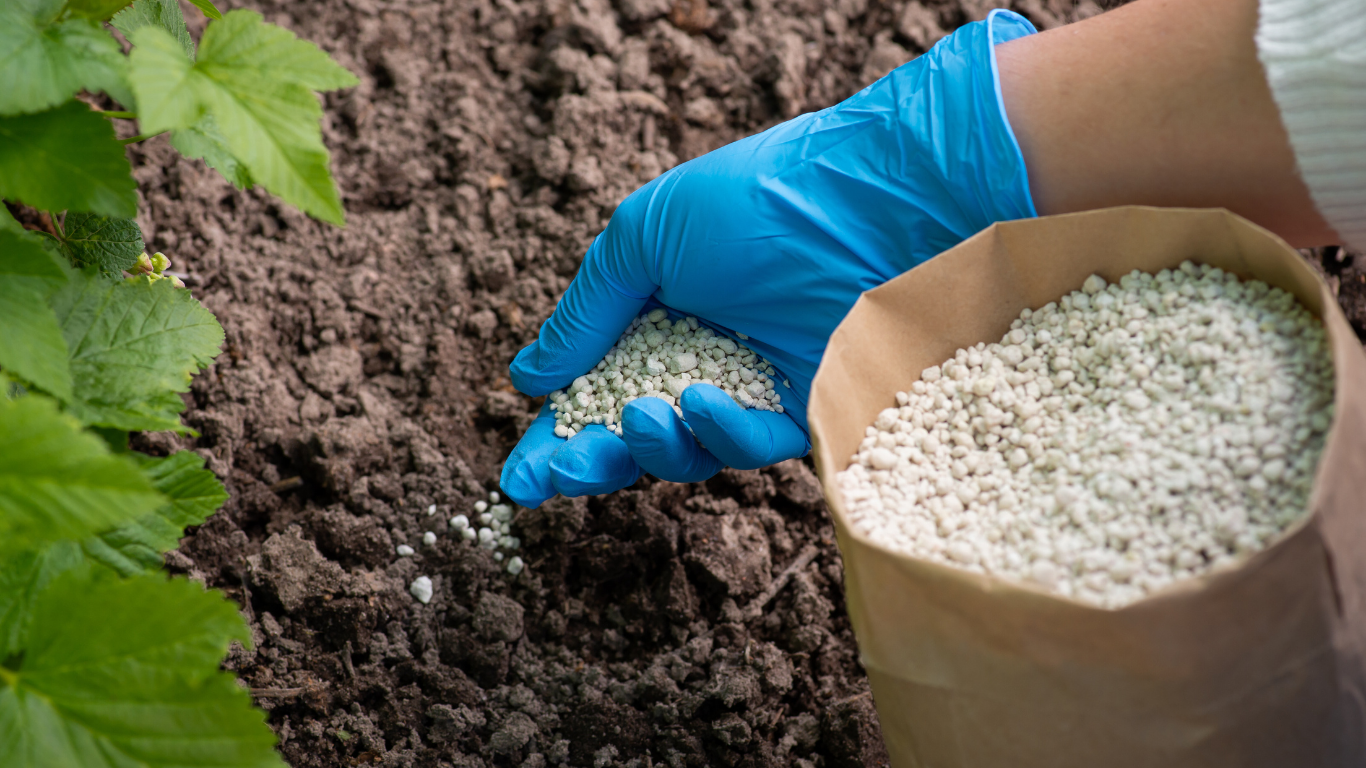
Choosing the right fertilizer is one of the most important decisions Louisiana farmers and landowners can make to ensure healthy crops, productive pastures, and successful harvests. Fertilizer isn’t one-size-fits-all—especially not in a state with the diverse soils and climate of Louisiana.
At Highland Growers LLC, located in DeRidder, LA, we specialize in helping farmers and landowners choose the right fertilizer based on their soil type, crop goals, and land conditions. With decades of experience serving Beauregard Parish and surrounding communities, we understand what Louisiana soil really needs—and we tailor our blends accordingly.
This guide will walk you through common Louisiana soil types, how they affect nutrient availability, and the fertilizer strategies that produce the best results.
Understanding Louisiana’s Common Soil Types
Louisiana’s soil profile is heavily influenced by its history of river floodplains, coastal wetlands, and forested uplands. The four most common types you’re likely to encounter include:
1. Sandy Loam Soil
- Found across central and western Louisiana, including around DeRidder
- Drains quickly and is easy to till
- Low in organic matter and struggles to retain nutrients
2. Clay Soil
- Denser and slower-draining, especially in low-lying fields
- Can become compacted easily
- Often "locks" nutrients in place, making it harder for plants to absorb them
3. Silt or Alluvial Soil
- Typically found near rivers and bottomlands
- High fertility and moisture retention
- Prone to erosion if not managed correctly
4. Acidic Soils
- Common throughout the state, particularly in pine forest regions
- Can drastically reduce nutrient availability if not corrected with lime or pH-balancing fertilizers
Many fields in Louisiana contain
a combination of these soil types, which makes uniform fertilizer application ineffective. That’s why
soil testing and custom blends are critical.
The Role of Soil Testing in Fertilizer Selection
Before applying any fertilizer, soil testing is the first step to making informed, cost-effective decisions. A professional soil test will measure:
- pH level (to determine acidity or alkalinity)
- Macro and micronutrient levels (like nitrogen, phosphorus, potassium, sulfur, zinc, iron, etc.)
- Organic matter percentage
- Cation exchange capacity (CEC), which affects nutrient retention
At Highland Growers, we offer in-house soil testing services and provide custom nutrient recommendations based on your test results. Our agronomy experts then use that data to formulate a custom fertilizer blend specifically designed for your property.
[Learn more about our soil testing services – https://highlandgrowers.com/services/soil-testing]
Fertilizer Recommendations by Soil Type
Here’s a breakdown of the best fertilizer strategies based on Louisiana’s most common soil types.
Fertilizing Sandy Loam Soil
Key Issues: Nutrient leaching, low water and nutrient retention
Best Fertilizer Types:
- Slow-release nitrogen (N) formulations
- Organic matter-rich blends with compost or humates
- Frequent, light applications instead of heavy one-time applications
Recommended Strategy: Split applications every 3–5 weeks and use soil conditioners to improve retention.
Fertilizing Clay Soil
Key Issues: Compaction, poor drainage, nutrient lockup
Best Fertilizer Types:
- Blends high in phosphorus (P) and potassium (K)
- Micronutrient chelates (zinc, manganese) for better absorption
- Soil amendments like
gypsum to reduce compaction
Recommended Strategy: Apply fertilizer after deep tilling or aeration to improve infiltration. Avoid applying before major rain events.
Fertilizing Acidic Soils
Key Issues: Low pH can render nutrients unusable
Best Fertilizer Types:
- Blends with lime or calcium nitrate
- Avoid sulfur-rich fertilizers unless testing confirms a need
- Consider micronutrients like molybdenum that are more soluble at higher pH
Recommended Strategy: Lime application should be made several weeks before the growing season for best effect.
Fertilizing Silt/Alluvial Soil
Key Issues: Erosion, nutrient wash-off
Best Fertilizer Types:
- Balanced NPK blends based on crop and test results
- Use cover crops or mulch to reduce runoff
- Controlled-release formulations near waterways
Recommended Strategy: Consider slow-release products to reduce leaching during heavy rains.
Why Custom Fertilizer Blends Are a Game-Changer
In Louisiana, no two farms—or fields—are exactly alike. That’s why
custom blending offers a significant advantage. At Highland Growers, we build fertilizer mixes from the ground up using high-quality ingredients that target your exact needs.
Custom blends offer:
- Improved crop response
- Reduced input costs from overapplication
- Environmentally responsible fertilization
- Reduced need for supplemental nutrient sprays later in the season
Whether you're planting forage crops, hay fields, or wildlife food plots, a personalized blend increases efficiency and yield.
[Explore Custom Blends – https://highlandgrowers.com/services/custom-blend-fertilizer]
Common Fertilization Mistakes in Louisiana
Even experienced growers sometimes run into trouble with fertilizer applications. Here are a few mistakes we commonly see in the region:
Over-Fertilizing Without Soil Data
Excess nutrients can actually stunt growth or damage crops—especially nitrogen.
Applying the Wrong Fertilizer for the Soil Type
What works for sandy loam may completely fail on clay soil, and vice versa.
Skipping Micronutrients
Most attention goes to NPK, but zinc, sulfur, and iron deficiencies are common in Louisiana.
Ignoring Weather Forecasts
Louisiana rains can wash away surface-applied fertilizers. Timing matters.
Using the Same Fertilizer Each Year
Soil changes. Crop demands evolve. Annual soil testing helps you stay on track.
Best Times to Fertilize in Louisiana
The ideal fertilization schedule will depend on the crop, soil type, and weather conditions. However, general timing guidelines for Louisiana include:
- Early Spring: Apply base fertilizer before planting row crops like corn or soybeans.
- Late Spring to Early Summer: Side-dress nitrogen for high-demand crops.
- Fall: Apply potassium-heavy fertilizers for hay fields and food plots.
Wildlife food plots in particular benefit from fall fertilization to promote early root development before dormancy.
For pastures and forage crops, multiple split applications throughout the growing season can maintain nutrient availability more effectively than a single application.
Equipment Considerations for Effective Fertilizer Application
No matter how good your fertilizer blend is, application equipment plays a major role in the results. At Highland Growers, we also carry:
- Fertilizer spreaders
- Hay mowers
- Rakes and tedders
- Application trailers
Calibrating your spreader for uniform coverage is essential, especially on uneven ground or variable terrain.
Looking to upgrade your equipment? [Check out our Farm Equipment – https://highlandgrowers.com/farm-equipment]
Frequently Asked Questions (FAQs)
How do I know which fertilizer is right for my soil?
Start with a professional soil test. We provide analysis and personalized recommendations at Highland Growers.
Can you deliver custom fertilizer blends?
Yes. We offer delivery throughout Beauregard Parish and nearby regions, or you can pick up from our DeRidder location.
What crops benefit most from custom fertilizer?
Custom blends are beneficial for row crops, hay, forage, wildlife plots, pastures, and even lawn and garden applications.
Is there fertilizer for multiple soil types?
Yes, we can create adaptive blends for mixed-field environments that include amendments for pH, drainage, and nutrient availability.
Let Highland Growers Help You Fertilize Smarter
Fertilizer is more than just a bag of nutrients—it's a tool that shapes your soil health, yield potential, and long-term productivity. When you partner with Highland Growers, you get more than a product. You get local expertise, customized recommendations, and real solutions tailored to Louisiana’s soil challenges.
We serve DeRidder, Beauregard Parish, and the surrounding agricultural communities. Call or visit us to:
- Schedule a soil test
- Get a custom fertilizer quote
- Ask about delivery and spreading services
Contact us today at https://highlandgrowers.com or stop by our location in DeRidder. Let’s grow better, together.
